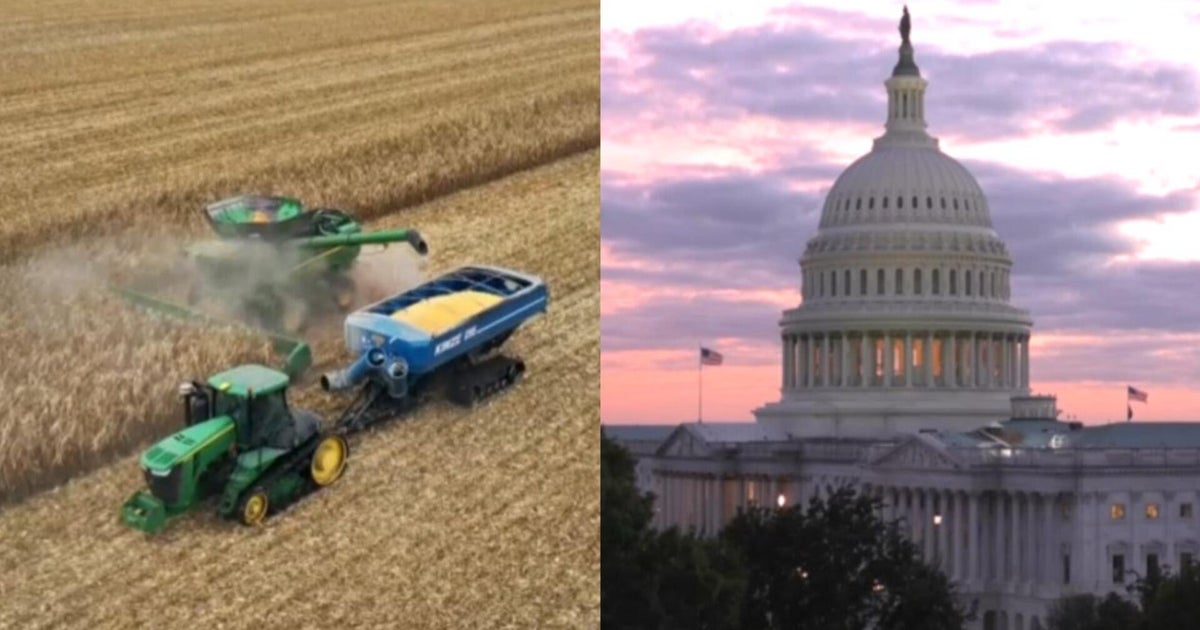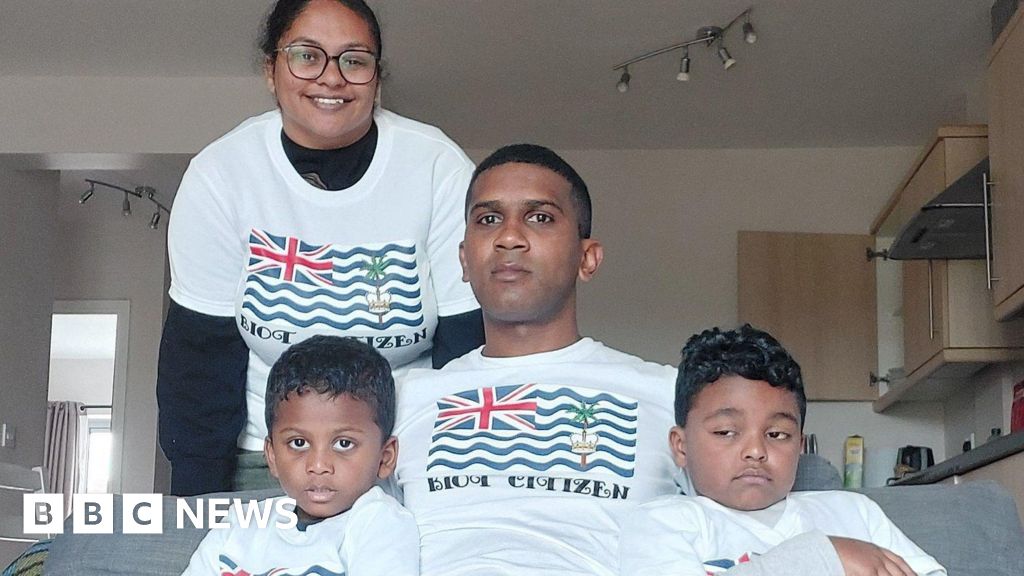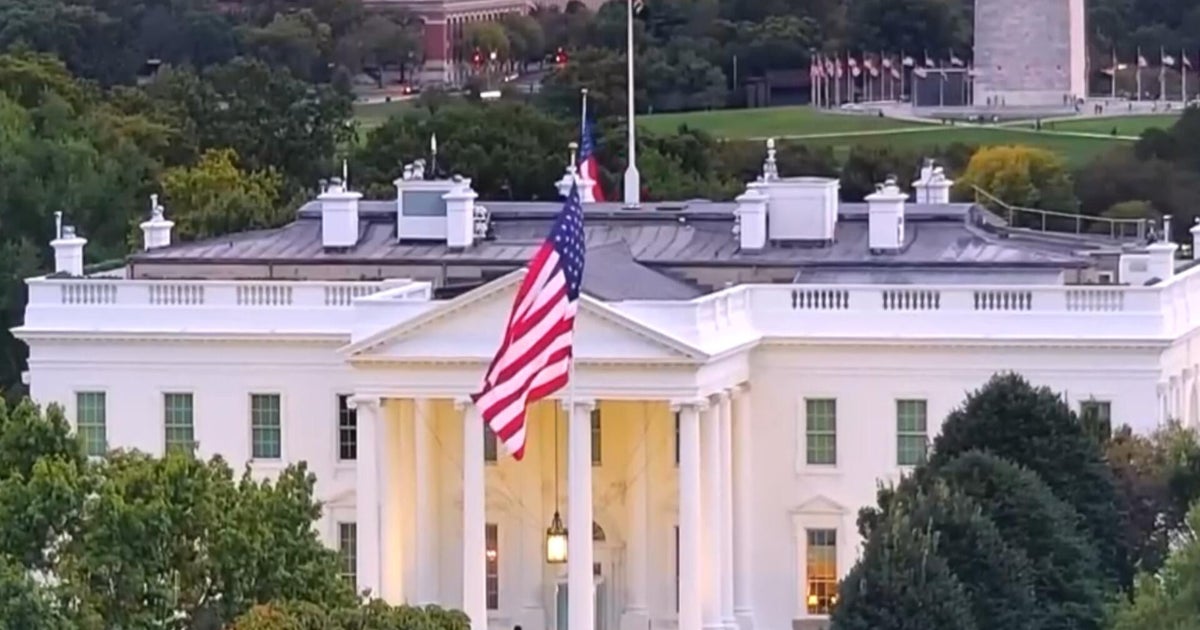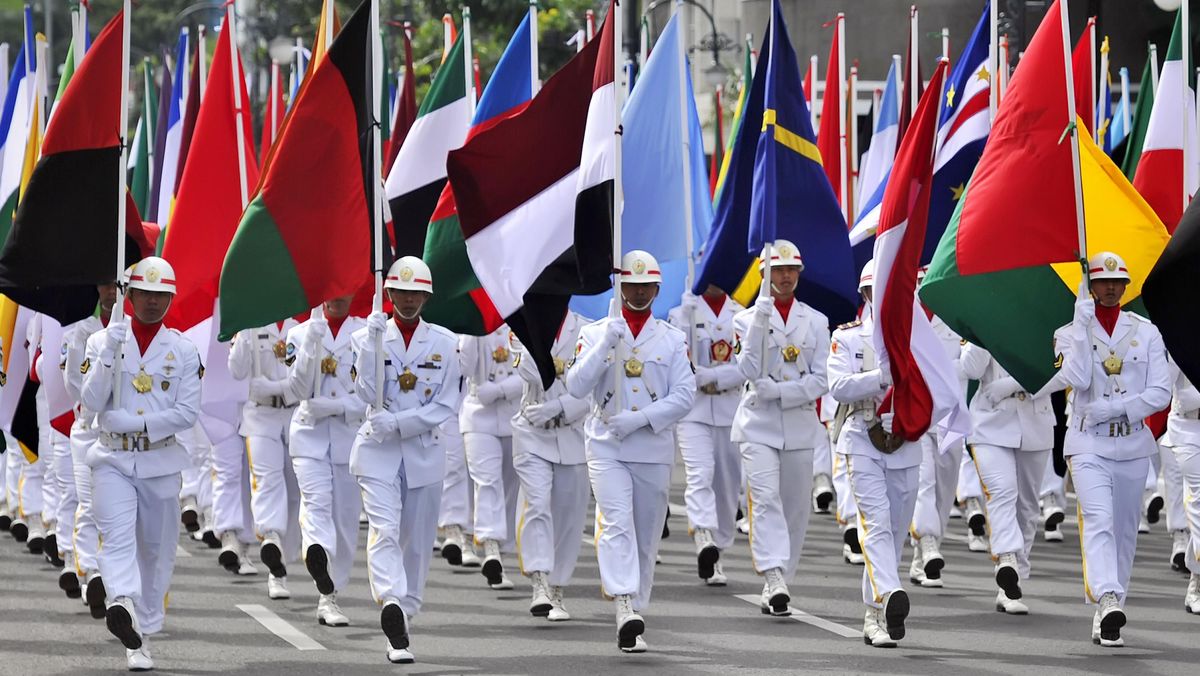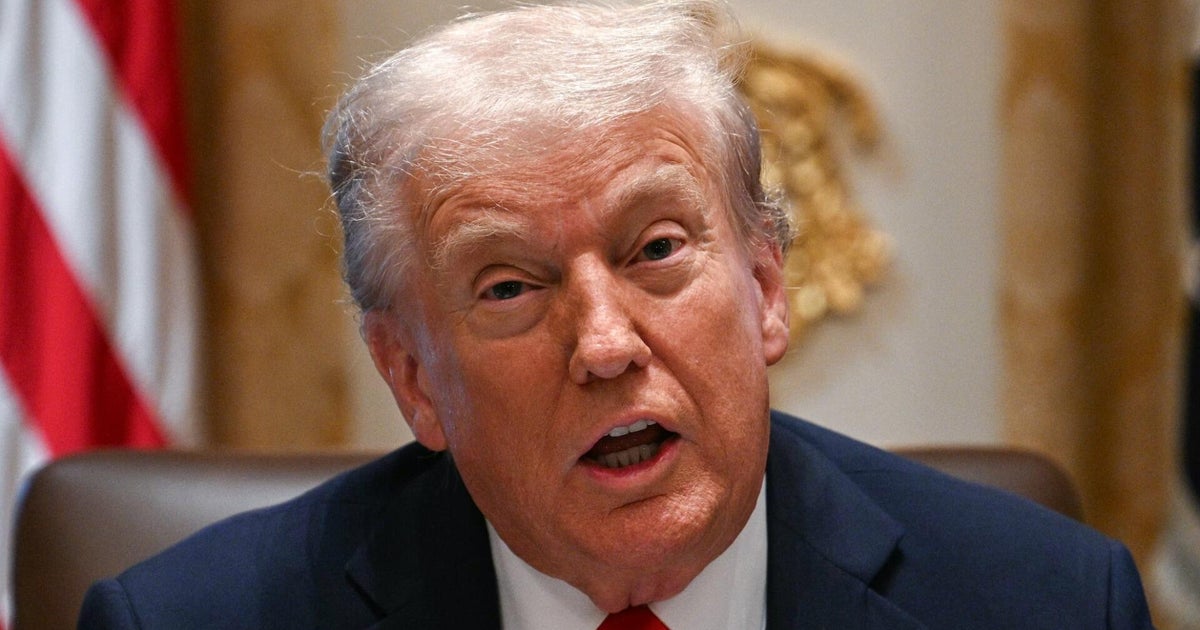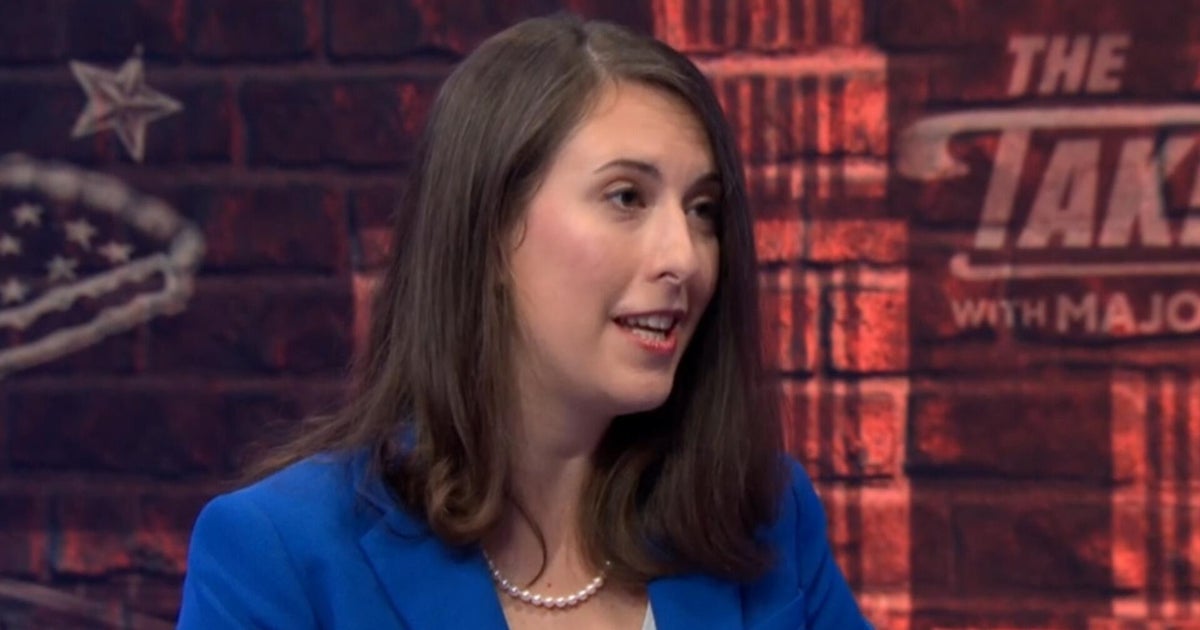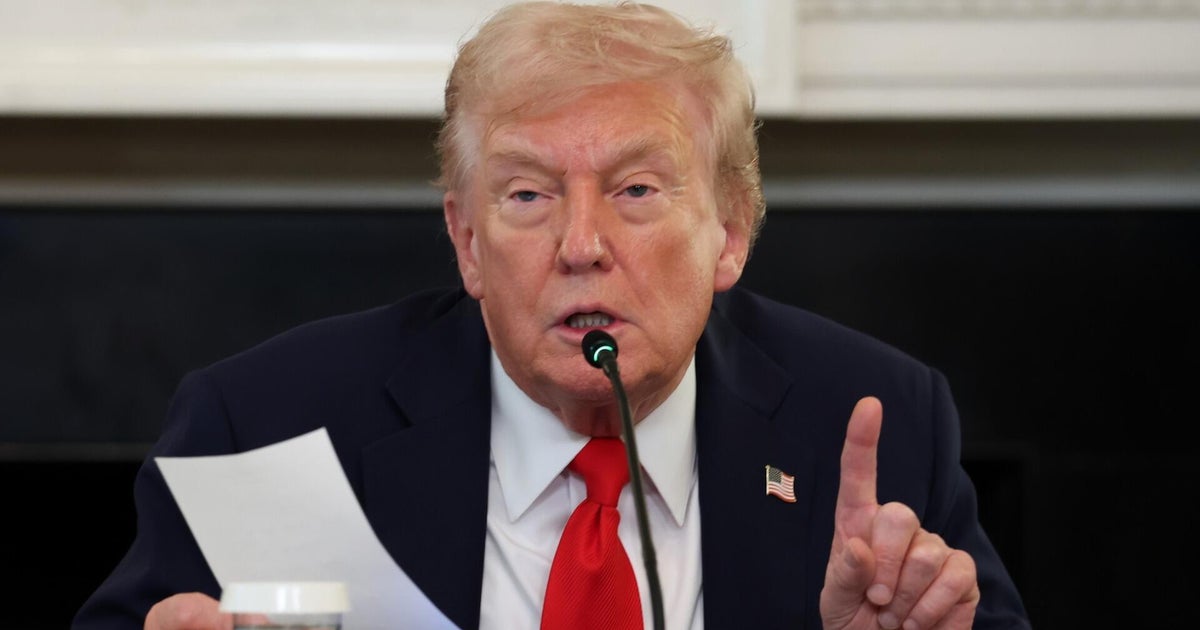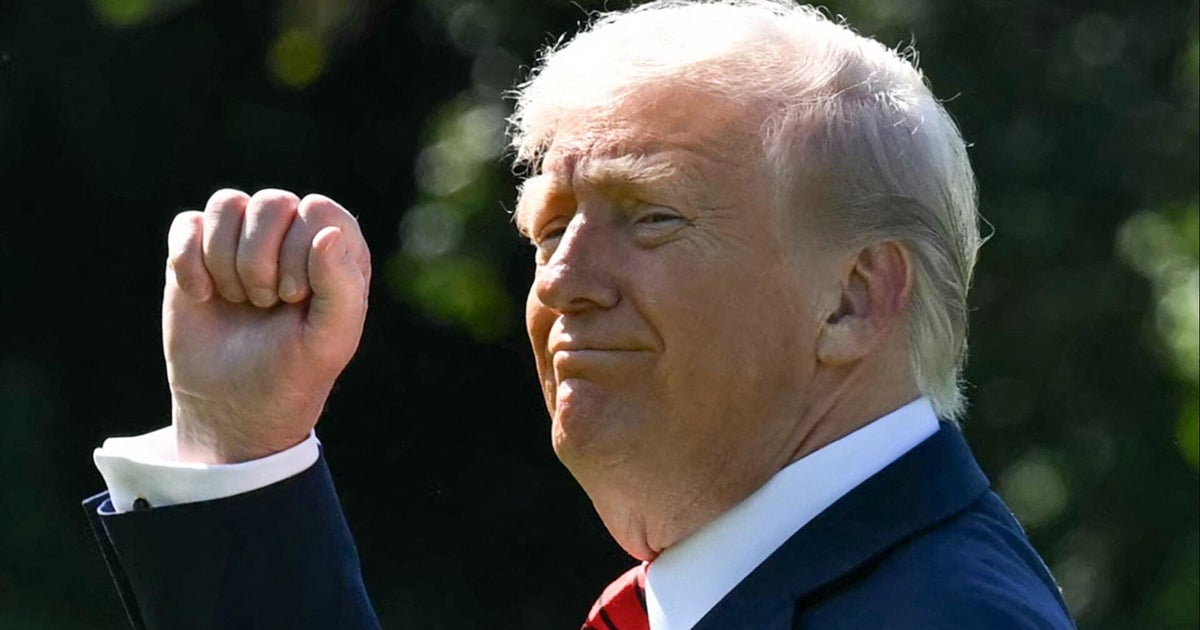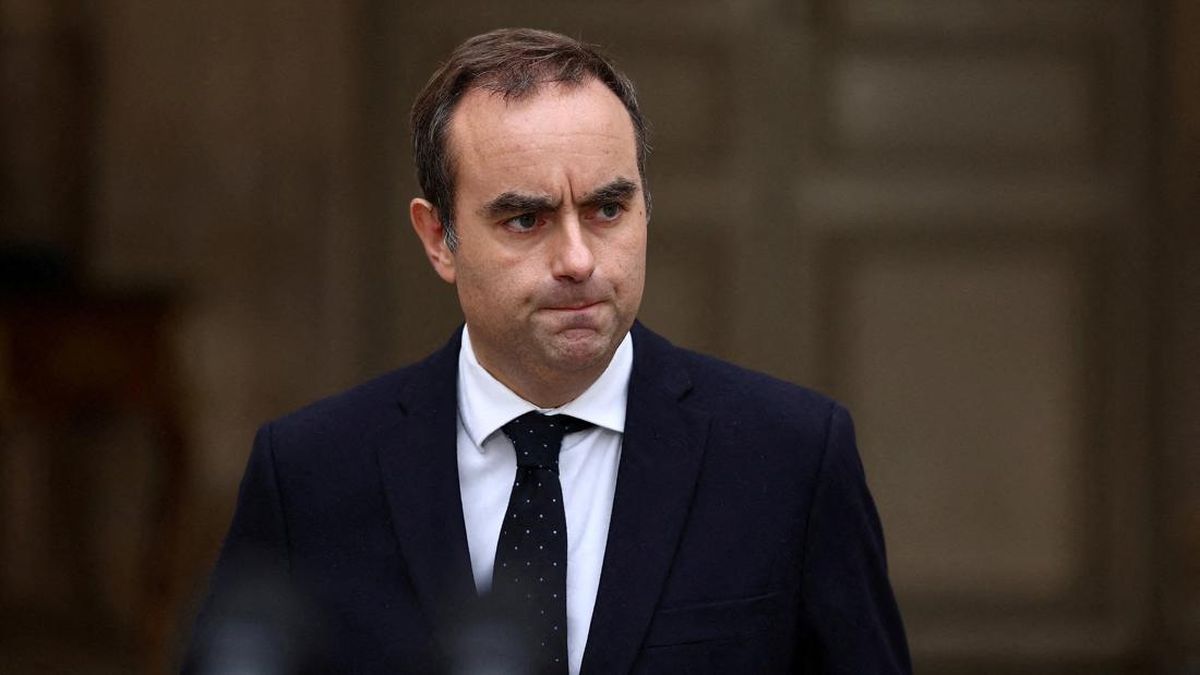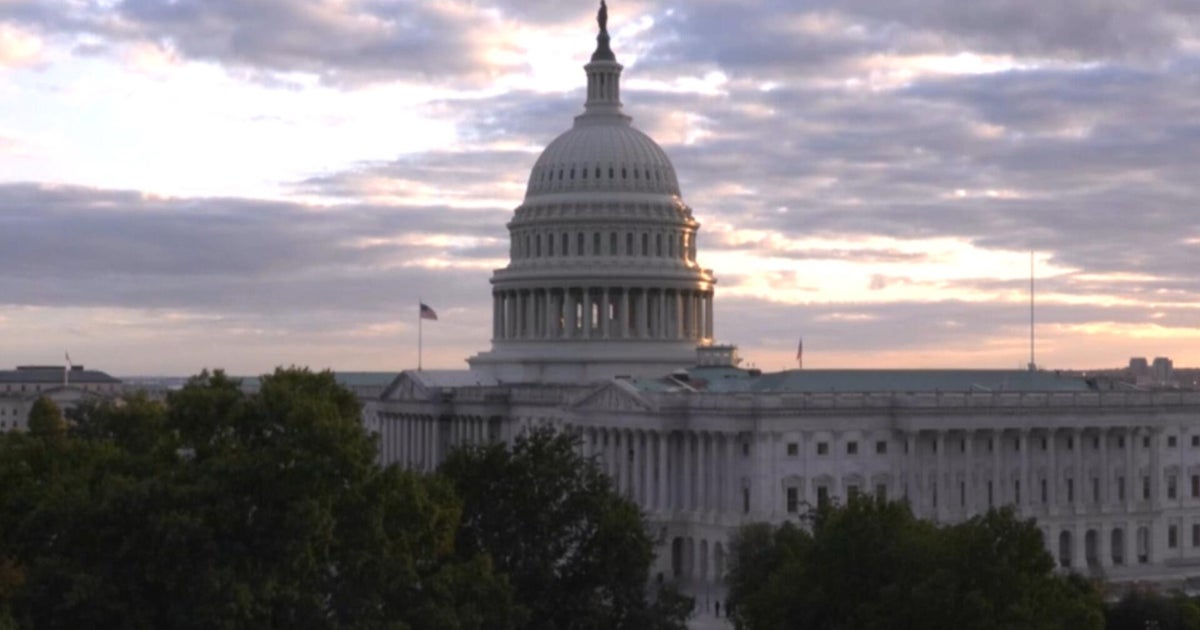
 Katty KayUS Special Correspondent
Katty KayUS Special Correspondent

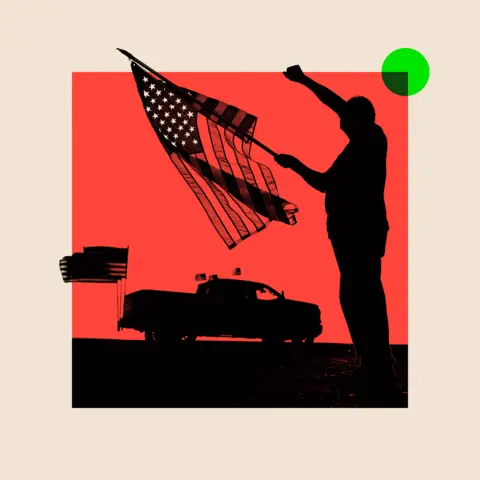 BBC
BBC
It has been a brutal week in America and I'm not the only one wondering whether the country can pull itself out of this spiral of hatred and violence.
After one of the most searing assassinations in US history, the governor of Utah pleaded for Americans to turn down the political temperature.
But hardly anyone that I've spoken to since Charlie Kirk's death thinks that will be the path the country will choose. Not anytime soon, at least.
Recent history is full of examples where America has chosen not to come together after a tragedy. It didn't happen 14 years ago after a Democratic congresswoman was shot in the head in Arizona. Nor eight years ago, when a Republican congressman was shot during baseball practice.
Americans didn't even come together in the face of a global pandemic. In fact, Covid made divisions worse.

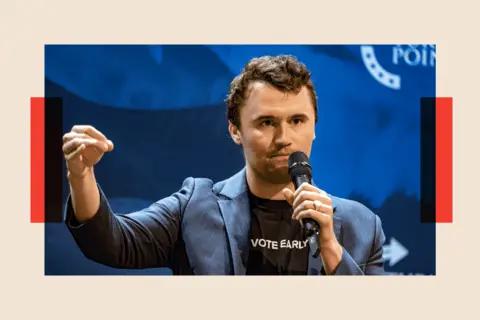 OLIVIER TOURON/AFP via Getty Images
OLIVIER TOURON/AFP via Getty Images
Within days of Charlie Kirk's death, the country's political camps had already retreated to opposing narratives
The reason is simple, yet hard to change. The incentives that fuel American political life reward the people and platforms that turn up the heat, not those who dial tensions down.
Around the country, you're more likely to get elected to political office if you run on policies and rhetoric that appeal to your political base, rather than the political middle (it's the depressing byproduct of gerrymandering - the original sin behind America's dysfunctional, divided politics).
Equally, in the media, people who opine about politics are rewarded for being more extreme and stoking outrage — that's the way to get more eyeballs and, ultimately, more advertising dollars.
This incentive structure is what makes Utah Governor Spencer Cox something of an American exception.

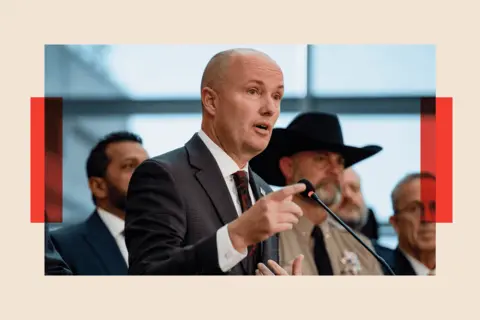 REUTERS/Cheney Orr
REUTERS/Cheney Orr
Utah Governor Spencer Cox has tried to turn down the political temperature
After Charlie Kirk was killed, he urged Americans to "log off, turn off, touch grass, hug a family member, go out and do good in the community".
He sounded so sane, so wholesome - an effort, in a sea of division, at reconciliation.
The 1960s and 70s versus today
Division and political violence are not new phenomena in America. Some 160 years ago, the country went to war with itself and it has never really stopped.
Over a period of five years in the 1960s, a US president was killed and then his brother was killed while campaigning to become president. In that same period, two of the nation's most prominent civil rights leaders were assassinated too.
In the 1970s, President Gerald Ford was shot at on two separate occasions. In the 1980s, Ronald Reagan was struck by a bullet while walking to his limousine.

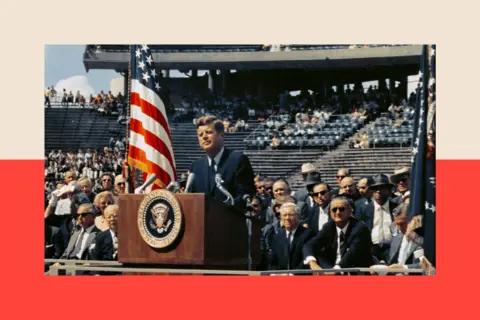 Heritage Space/Heritage Images via Getty Images
Heritage Space/Heritage Images via Getty Images
President John F Kennedy was shot during a visit to Dallas, Texas in November 1963 - the case still inspires conspiracy theories
And of course, just last year Trump was the victim of a failed attempt on his life by a gunman in Pennsylvania — and a second alleged attempt by a gunman in Florida, whose trial began the week Kirk was killed.
What makes this era so different from the 1960s and 70s, though, is what Governor Cox is worried about.
While he has carefully steered away from saying things that would further divide Americans, he hasn't been so gentle with the social media companies that he clearly blames for this tragedy.
"I believe that social media has played a direct role in every single assassination and assassination attempt that we have seen over the last five, six years," Cox said in an interview on Sunday.
He went on to say that "cancer" was likely too weak a word for what it has done to American society.

 Anna Moneymaker/Getty Images
Anna Moneymaker/Getty Images
Trump was the victim of a failed attempt on his life by a gunman in Pennsylvania
Most tech companies have stayed quiet in their official capacities. However, Elon Musk, billionaire boss of X, has weighed in, claiming that the "radical left celebrated the cold-blooded murder of Charlie Kirk," and adding, "unity is impossible with evil fanatics who celebrate murder".
He has also posted about the impact of social media, arguing: "While at times the discussion on X can become negative, it's still good that there is a discussion happening."
'This is like a bad marriage'
The pitfalls of this system that blends social media with politics concerns even those who are the most passionate about politics, regardless of who they support.
Earlier this week, Kaitlin Griffiths, a 19-year-old who is the president of Utah State University's chapter of Charlie Kirk's organisation, Turning Point USA, put it plainly: "Social media is definitely a really difficult thing for our society.
"You can't even hold a conversation with somebody who doesn't agree with your political beliefs — and I just think that's honestly tragic."
Tragic and ironic, since Kirk saw himself as a champion of free speech, even as his critics often disagreed with that framing. His death though may push the country further from civil discourse.

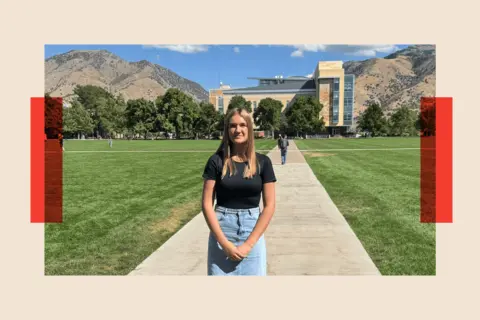
Kaitlin Griffiths: 'You can't even hold a conversation with somebody who doesn't agree with your political beliefs... that's honestly tragic'
Within days of Kirk's death, the country's political camps had already retreated to opposing narratives.
Many on the left are eager to explore the ways that Kirk's killer might have been radicalised by internet subcultures and group chats. Many on the right prefer to unpack whether the suspect was part of a left-wing conspiracy.
Neither group seems particularly keen to prioritise reconciliation or healing.
The reality is that those who study extremism believe that left-right may not even be the most helpful way to look at the division of this current moment.

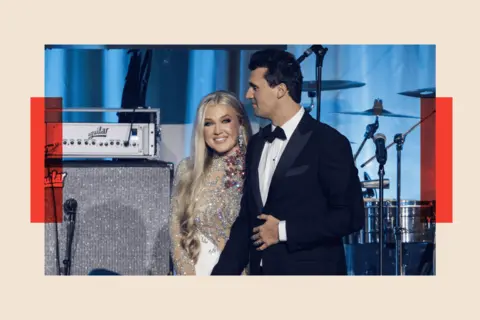 Samuel Corum/Getty Images
Samuel Corum/Getty Images
Charlie Kirk and and his wife Erika pictured in January at the Turning Point USA Inaugural-Eve Ball in Washington DC
"It's better to look at what's causing people to be ungovernable," says Rachel Kleinfeld, a senior fellow at the Carnegie Endowment for International Peace who specialises in polarised democracies.
"It does take a desire to turn down the temperature… [and] requires people to have a little more courage than they're showing.
"I think it is more useful to focus on how we as a society turn a page and open a new chapter, because this is like a bad marriage. And like a bad marriage, you can only lose by pointing fingers."
What reconciliation would take
As for the question of whether America can break the hold of the algorithms that stoke the divisions, that would take a leader of enormous strength with an equally enormous commitment to reconciliation.
"I'm not sure how we pull out of this," the politics writer David Drucker told me. "It would help if both parties - and by parties I mean 'parties' not just political figures - agree to stop the recriminations and just say 'stop'."
"Usually only a president can facilitate that. Absent both sides agreeing there are certain lines that shouldn't be crossed, or absent the next president doing so, I'm not sure how we get there."

 SAUL LOEB/AFP via Getty Images
SAUL LOEB/AFP via Getty Images
Trump has said: 'The radicals on the right oftentimes are radical because they don't want to see crime... The radicals on the left are the problem'
Trump is not that type of president. He often seems at his strongest, politically, when he has an adversary to fight against.
My understanding is that Trump does believe that people on the left want to destroy his Maga movement. And since Kirk's death, he has taken a very different tone from the governor of Utah.
"I'll tell you something that's going to get me in trouble, but I couldn't care less," he said, when asked how the nation can be fixed. "The radicals on the right oftentimes are radical because they don't want to see crime... The radicals on the left are the problem."
And he went further in his Oval Office remarks following Kirk's killing: "Radical left political violence has hurt too many innocent people and taken too many lives."
The framing by the president - that this was not just the deed of a twisted individual but of the radical left more broadly - is being echoed by other White House officials.
"With God as my witness, we are going to use every resource we have... to identify, disrupt, dismantle and destroy these networks," said Stephen Miller, Trump's deputy chief of staff.
"It will happen, and we will do it in Charlie's name."
However, a number of studies into politically-motivated killings and violence in the US - over several decades - suggest that more cases were carried out by people with "right-wing" ideologies than with "left-wing" ones, though more data is likely necessary to draw a firm conclusion.
'People say history repeats itself - it never has'
Some people I've spoken to point to bleak times in US history as a source of comfort.
"Few periods in America have been more politically bleak or violent than the years [in the 1960s and early 1970s] shaped by Vietnam and Watergate," former Republican congressman, turned influential TV host, Joe Scarborough told me.
"But the country moved forward, celebrated its bicentennial, and moved beyond its violent divides. It will do so again."

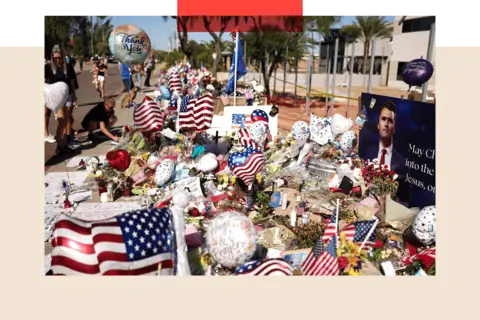 CHARLY TRIBALLEAU/AFP via Getty Image
CHARLY TRIBALLEAU/AFP via Getty Image
This moment of tension feels like it rhymes with so many other periods of discord in American history - but it isn't quite repeating them
Also among the optimists I spoke to was Democratic Senator Raphael Warnock of Georgia, one of the country's most senior black officials. He condemned political violence as the most "anti-democratic" act, but also reminded me of the progress America has made on issues like race.
"The story of any family is always more complicated than the stories we tell ourselves at the family reunion," he told me.
"My father had to give up his seat [on a bus] while wearing his soldier's uniform to a teenager, but I now sit in a Senate seat."
Their hope is heartening - but I still don't see a clear path out.
Lately, I've been thinking a lot about a conversation I had earlier this year with historian and filmmaker Ken Burns, as America prepares to celebrate the 250th anniversary of its founding.
"People say history repeats itself," Burns told me. "It never has."
Burns instead prefers a quote that many have attributed to the writer Mark Twain: "History doesn't repeat itself, but it often rhymes." In other words, even if the present looks like the past — things never happen the same way twice.
This moment of tension feels like it rhymes with so many other periods of discord in American history, but it isn't quite repeating them.
Yes, American history is full of anger and conflict — but I'm not sure this country's social and political systems were always so quick to reward the companies and people who stoke those emotions.
Meanwhile the United States will get weaker, not greater.
Former Defence Secretary Bob Gates once told me that the three greatest threats to America's national security were a rising China, a declining Russia and the country's own internal divisions.
America's adversaries certainly know how much its divisions damage this superpower. They work hard online to drive people further apart. And Americans make it easy for them.
Top picture credit: Justin Sullivan/Getty Images and Charly Triballeau/AFP via Getty Images
BBC InDepth is the home on the website and app for the best analysis, with fresh perspectives that challenge assumptions and deep reporting on the biggest issues of the day. And we showcase thought-provoking content from across BBC Sounds and iPlayer too. You can send us your feedback on the InDepth section by clicking on the button below.

 3 weeks ago
11
3 weeks ago
11


